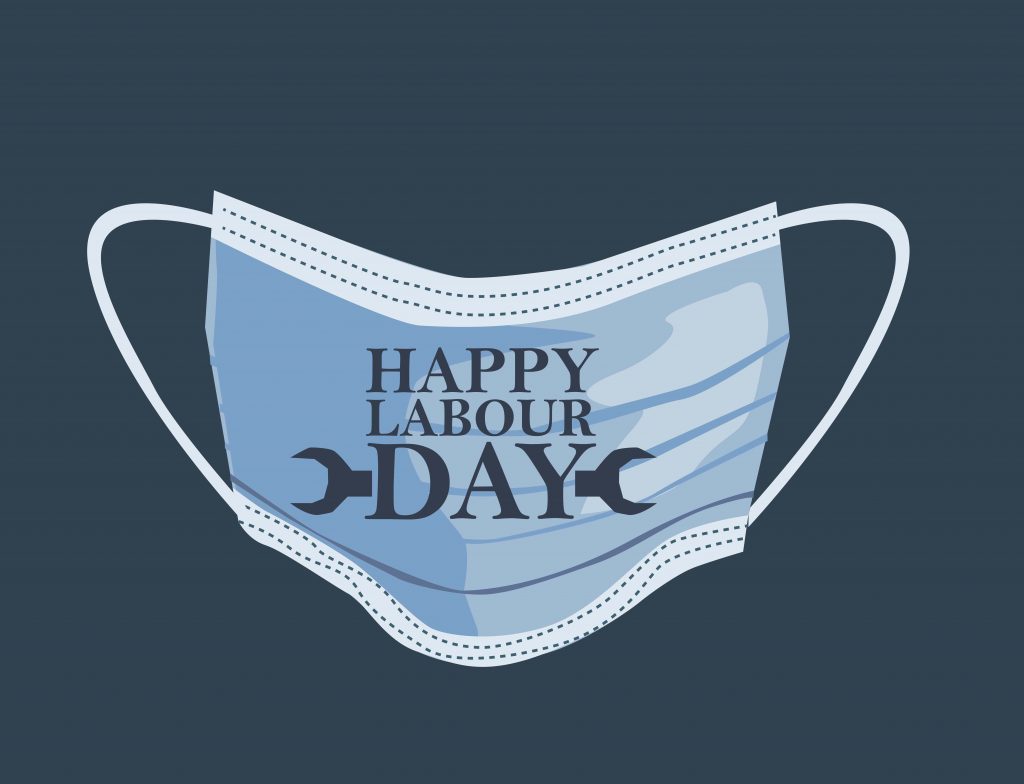
Previously published in the Winnipeg Free Press, September 4, 2020
Labour Day often sees coverage of labour celebrations, and a general nod to the 19 million workers who toil daily in Canada. The COVID-19 pandemic has sharpened coverage of work, especially that which is deemed essential.
While there have been many pandemic workforce storylines, three sectors stand out.
In long-term care, the agricultural sector and the meat-packing sector, we see a permanent under-class of largely immigrant and foreign workers, stuck in difficult jobs deemed essential. Jobs that pay poverty wages, have few benefits and even fewer pensions.
Data released in June showed more than 80 per cent of the 9,000-plus deaths from COVID-19 in Canada had occurred in nursing homes. The system is in tatters across our nation, underfunded, with large segments in the hands of private, for-profit firms.
The dominant employment classification is personal support workers (PSWs). These are the workers who clean, feed and provide direct care to patients. Many don’t have full-time jobs, as these are too costly in the eyes of employers. The workers are forced to work at two or three facilities to cobble together a full-time paycheque. PSWs in Canada are largely women, and many are people of colour.
Part-time PSW work is structural in the current system, exactly what you don’t want during a pandemic such as COVID-19. It is also dangerous work, as thousands of health-care workers have contracted the coronavirus and most of these have been PSWs.
The meat-packing sector has always been difficult, injury-ridden work. Forty years ago, it was fully unionized and decently paid. This began to change in the late 1970s, when the work throughout North America was transferred from large cities to rural communities. The sector remains largely unionized, but wages and benefits were forced down.
The business model for this difficult, dangerous work sees turnover rates of near 100 per cent annually. Today, the workforce includes many foreign workers and is largely racialized.
Three workers have died from COVID-19 and hundreds have contracted the virus at work. Calls in both Alberta and Manitoba from the workers’ union, the United Food and Commercial Workers Union, to shut down plants with COVID-19 spread have gone unheeded. The bottom line is that corporations such as Carghill and Maple Leaf have much more power than their workers.
In the agricultural sector, some 60,000 foreign workers enter Canada each year to pick vegetables and harvest other fresh produce for Canadian stores. These workers earn low wages, live in cramped quarters and most have no pathway to full citizenship, despite some having worked for the same farms for many years.
COVID-19 has hit these workers hard, particularly in southern Ontario. Three workers there have died; hundreds have contracted the virus.
There are media reports of employers asking that workers sign a document agreeing to self-isolate, meaning no trips to the store to shop and no attending church. The employer is shopping for them, and deducting the cost from their pay. Sort of like the company store, COVID-19-style.
Long-term care, meat-packing and agricultural work in Canada is low paid but has been deemed essential. The low pay and benefits are structural, and represent the large power imbalance between workers and employers. The way forward for these workers, and others, is for them to organize, to assert their right to collective bargaining and their right to strike, if necessary, to back their demands for fair wages, benefits and working conditions.
American author and labour activist Jane McAlevy, in her new book A Collective Bargain, puts it this way: “Power for ordinary people can be built only by ordinary people standing up for themselves, where they… use their collective intelligence and ingenuity to build solidarity and fight for human dignity.”
A century ago, in a Winnipeg courtroom, Fred Dixon successfully defended himself on charges of sedition related to the Winnipeg General Strike. Regarding strikes and public inconvenience he said: “It is better that some should suffer temporary inconvenience than that many should suffer permanent injustice.”
Happy Labour Day!
Paul Moist is a retired labour leader and a research associate with the Canadian Centre for Policy Alternatives – Manitoba.


